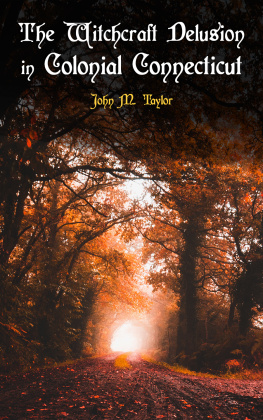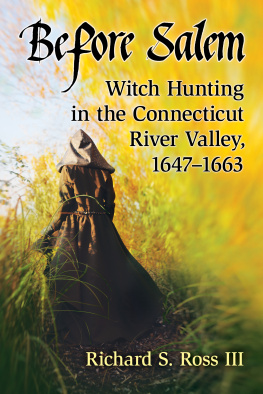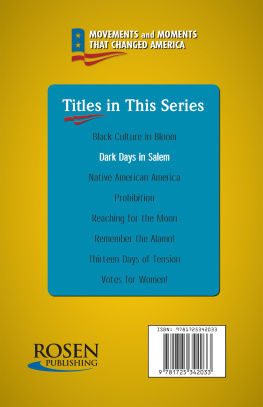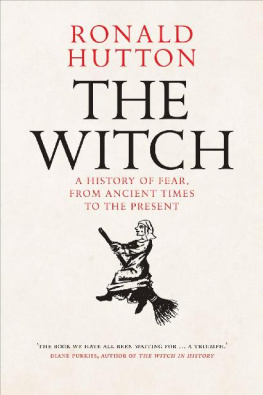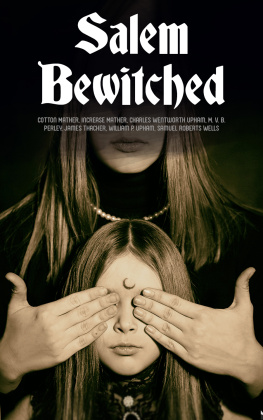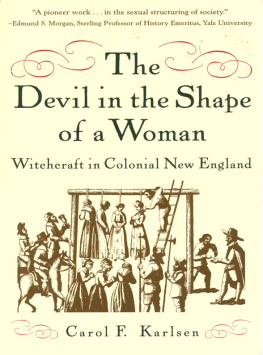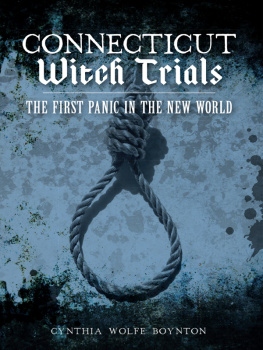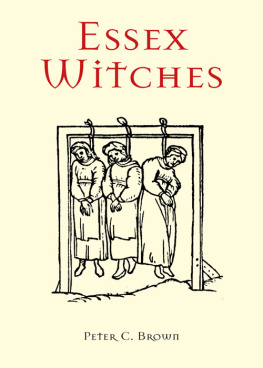Erika Gasser - Vexed with Devils: Manhood and Witchcraft in Old and New England
Here you can read online Erika Gasser - Vexed with Devils: Manhood and Witchcraft in Old and New England full text of the book (entire story) in english for free. Download pdf and epub, get meaning, cover and reviews about this ebook. year: 2017, publisher: New York University Press, genre: Romance novel. Description of the work, (preface) as well as reviews are available. Best literature library LitArk.com created for fans of good reading and offers a wide selection of genres:
Romance novel
Science fiction
Adventure
Detective
Science
History
Home and family
Prose
Art
Politics
Computer
Non-fiction
Religion
Business
Children
Humor
Choose a favorite category and find really read worthwhile books. Enjoy immersion in the world of imagination, feel the emotions of the characters or learn something new for yourself, make an fascinating discovery.

- Book:Vexed with Devils: Manhood and Witchcraft in Old and New England
- Author:
- Publisher:New York University Press
- Genre:
- Year:2017
- Rating:5 / 5
- Favourites:Add to favourites
- Your mark:
Vexed with Devils: Manhood and Witchcraft in Old and New England: summary, description and annotation
We offer to read an annotation, description, summary or preface (depends on what the author of the book "Vexed with Devils: Manhood and Witchcraft in Old and New England" wrote himself). If you haven't found the necessary information about the book — write in the comments, we will try to find it.
Those possessed by the devil in early modern England usually exhibited a common set of symptoms: fits, vomiting, visions, contortions, speaking in tongues, and an antipathy to prayer. However, it was a matter of interpretation, and sometimes public opinion, if these symptoms were visited upon the victim, or if they came from within. Both early modern England and colonial New England had cases that blurred the line between witchcraft and demonic possession, most famously, the Salem witch trials. While historians acknowledge some similarities in witch trials between the two regions, such as the fact that an overwhelming majority of witches were women, the histories of these cases primarily focus on local contexts and specifics. In so doing, they overlook the ways in which manhood factored into possession and witchcraft cases.
Vexed with Devils is a cultural history of witchcraft-possession phenomena that centers on the role of men and patriarchal power. Erika Gasser reveals that witchcraft trials had as much to do with who had power in the community, to impose judgement or to subvert order, as they did with religious belief. She argues that the gendered dynamics of possession and witchcraft demonstrated that contested meanings of manhood played a critical role in the struggle to maintain authority. While all men were not capable of accessing power in the same ways, many of the people involved--those who acted as if they were possessed, men accused of being witches, and men who wrote possession propaganda--invoked manhood as they struggled to advocate for themselves during these perilous times. Gasser ultimately concludes that the decline of possession and witchcraft cases was not merely a product of change over time, but rather an indication of the ways in which patriarchal power endured throughout and beyond the colonial period.
Vexed with Devils reexamines an unnerving time and offers a surprising new perspective on our own, using stories and voices which emerge from the records in ways that continue to fascinate and unsettle us.
Erika Gasser: author's other books
Who wrote Vexed with Devils: Manhood and Witchcraft in Old and New England? Find out the surname, the name of the author of the book and a list of all author's works by series.


